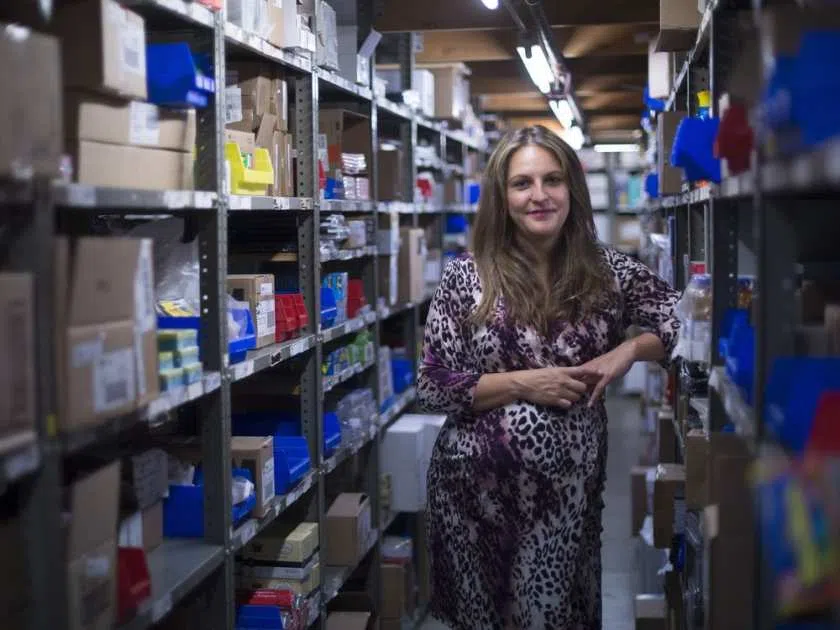
Some Vancouver companies lure, retain workers with jobs that make a difference
VANCOUVER — As Michelle Reid watches Vancouver house prices soar while preparing for the arrival of her first baby, she sometimes kicks herself for not buying property 10 years ago.
But Reid says she can tough it out financially because she has a job where she’s making a difference, which some Vancouver businesses are using to entice workers to the city with a high cost of living.
“There are a couple of things we’re going to have to give up, but I don’t feel unhappy for it in the long run,” said Reid, whose baby is due mid-June. “If I had to work in a job that was soulless, that would be a far worse outcome.”
Reid, 40, works for Mills Office Productivity and oversees the company’s environmental and social initiatives. She said she never suspected office supplies would be the path to her passion, adding with a laugh, it’s “not the sexiest industry.”


